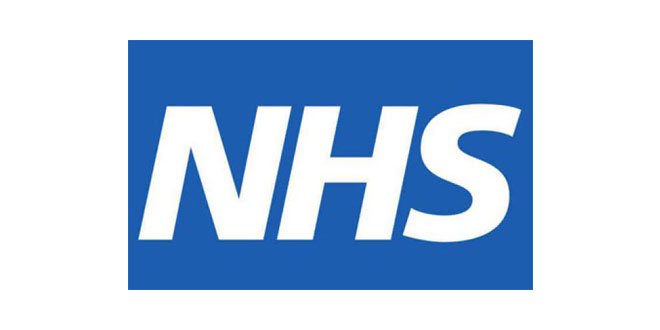Let Care Homes Support Overstretched A&E Departments Care Boss Tells Jeremy Hunt
 Tony Stein, chief executive of Healthcare Management Solutions, has written to the Secretary of State for Health and Social Care Jeremy Hunt to outline how care homes could take some of the strain from busy A&E departments.
Tony Stein, chief executive of Healthcare Management Solutions, has written to the Secretary of State for Health and Social Care Jeremy Hunt to outline how care homes could take some of the strain from busy A&E departments.
Mr Hunt recently called for MPs to come up with ideas for ensuring the NHS and social care are properly funded and fit for purpose.
Mr Stein writes that care homes could look after elderly people requiring care and attention but not medical intervention, freeing up emergency beds for more urgent cases and reducing A&E waiting times.
‘When an elderly person has a fall, a dizzy spell or an anxiety attack the immediate solution is to call for an ambulance. Often any alternatives, such as NHS helplines, are useless as the elderly person is too frail, confused or anxious to respond clearly to questions over the telephone. The only response therefore is to call paramedics and they, more often than not, then transfer the patient to A&E for monitoring.
‘The transfer to A&E is often necessary, however there is no alternative if the paramedics feel that the person requires observation for a period of time or is too agitated to be left alone. The elderly person immediately becomes an elderly patient and then undergoes an often arduous journey, a long wait and a series of tests which only serve to identify that the patient has a number of age-related conditions, all of which, now they have been identified, need to be addressed by the admitting hospital. The paramedics that I’ve encountered know that what the person really needed was care and observation and, after a short spell, they could most likely be returned home.
‘It would be very simple for ambulance crews to work in conjunction with local care homes so that, in certain situations where there was no urgent or immediate need for medical intervention, they diverted away from A&E and delivered the elderly person to the home for care and monitoring.
‘This would immediately free up A&E beds (the majority of A&E admissions are elderly persons), it would reduce the number of age related conditions that are being identified unnecessarily, (people of an age often live quite comfortably with a variety of conditions without knowing about them or needing intervention), and it would place the elderly person in a safe, caring, friendly, familiar, non-medical and non-institutional environment where they can receive 24 hour care and observation.
‘The paramedics are already qualified to do this as they already have to make a judgement about whether the person needs taking to A&E or not. The care homes exist to work with the A&E and are often close enough to the hospitals to be able to take the person into A&E should the condition change or worsen.’
Tony Stein said: “This is only one way in which care homes could alleviate pressures on the NHS. Health and social care are under extreme pressures but with more joined up thinking and partnership working care homes could undoubtedly play a significant role in supporting the NHS, to the benefit of everyone involved, particularly the patients.”






